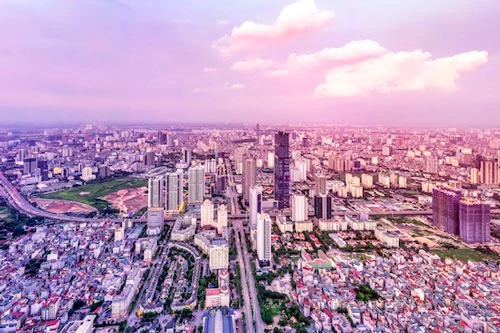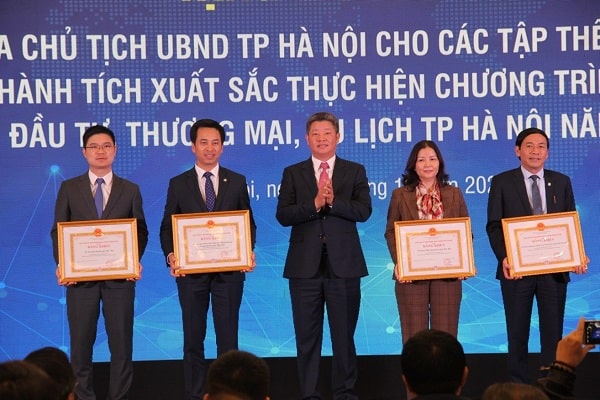Vietnam: Foreign capital is expected to flow into affordable housing market in 2020.
4 major initiatives to help Vietnam lead ASEAN to develop sustainably / Prime Minister Nguyen Xuan Phuc highly appreciates the role of Vietnam Association of Small and Medium Enterprises and committed to facilitate SMEs
As observed by consulting firm JLL, there are currently hundreds of millions of dollars waiting to be invested in all real estate segments. However, investors from Japan, South Korea, Singapore and China are paying much attention to affordable housing.
However, access to potential projects is limited because not many investors are able to meet the initial challenges to develop business in an emerging market, while Vietnam's real estate market is still strictly controlled.
JLL points out that access to land is still a major obstacle for most investors.
For residential and commercial projects, foreign investors often look for "clean" land, which means the land that has been completely compensated withfull payment of land use expenses. Also, the investors are given the land use rights and good development plans.
However, according to JLL representative, such projects are very rare, because the real estate market in Vietnam is still young. Therefore, most foreign investors often seek the support of professional consulting units to be able to enter the market.
In addition, rising real estate prices and rapid population growth have overwhelmed infrastructure capacity, leading to polution and limited access to real estate projects.
In June 2015, the government removed the 49% ownership limit in many listed companies, a move aimed at increasing investment flows. Therefore, JLL experts recommend new foreign investors to consider establishing a strategic joint venture with reputable local partners that have the right to use real estate fund and can assist foreign investors in completing business licenses and procedures.

Foreign investors are paying attention on Affordable housing in Vietnam.
According to JLL, it is no coincidence that investors should focus on the affordable segment, but because of the great demand from consumers. The majority of projects in this segment have good and stable success rates.
Experts point out that, within the next two decades, Vietnam will enter a period of golden population. The rate of labor in the service and manufacturing sector increased, 25% of the population was between the ages of 10 - 24, the average age was about 30 years old.
The millennial generation is expected to be the driving force for the affordable housing segment in the coming years, especially in residential areas located near industrial parks with convenient access tomainroads. This demographic group is willing to pay more to upgrade to the mid-end segment, having better connectivity to the central area and facilities such as schools, hospitals and parks.
According to JLL, urban areas in Vietnam are currently facing an imbalance between the availability of housing and actual needs. This is a marked change compared to ten years ago, when the average size of a household in urban Vietnam from two to three generations is getting smaller and smaller. To serve the needs of the people, a developing city is expected to fully meet basic needs, starting with affordable housing.
According to JLL report, the total supply of apartments in Ho Chi Minh City and Hanoi as of the fourth quarter of 2019 reached 201,707 units and 224,179 units in all segments, equivalent to the ratio of 17 apartments per 1,000 people.
"This ratio is relatively low and we should focus on the mass housing market, because this is a segment of real housing demand," said Stephen Wyatt, general manager of JLL Vietnam.
However, the supply in high-end and luxury apartments is currently quite high.JLL estimates the density of luxury apartments per capita in Ho Chi Minh City will reach 3 units per 1000 people, almost the same as in Bangkok, Kuala Lumpur and Manila, but still higher than Jakarta.
“Investors who have talked to JLL in Ho Chi Minh City said that they are having a profit margin under EBITDA of 25-30% on high-end and mid-end housing projects. However, affordable and mid-end housing projects have better sale speed due to low prices”, said Stephen.
End of content
Không có tin nào tiếp theo
